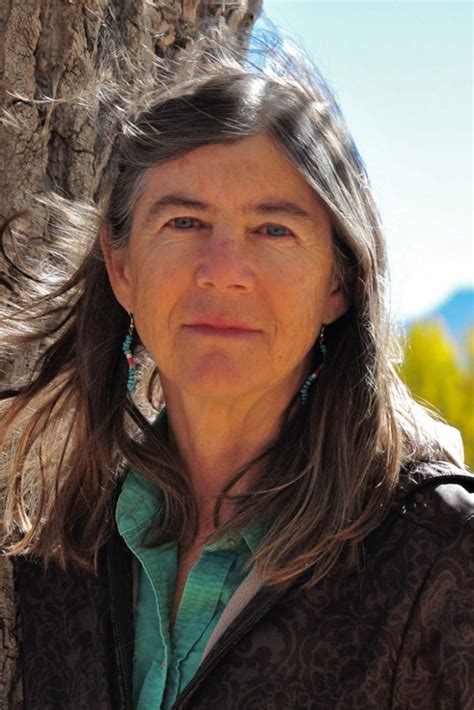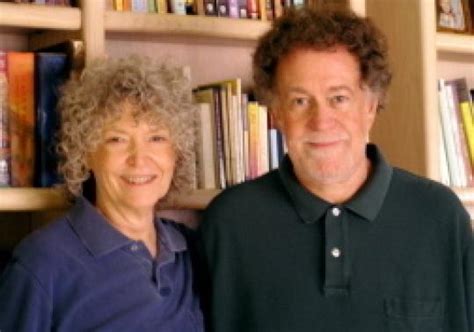A Quote by Campbell McGrath
The shape that poems make in the mind is an echo of something powerful in the cosmos. I do believe that, and that is certainly irrational, so perhaps I am no wiser than Elizabeth Perkins as to the nature of poetry.
Related Quotes
My poems are certainly in the lyric tradition, but perhaps a reader can tell me more precisely who I am as a poet. How can I be so old and not know? I have always been deeply grateful for the urge to write, the desire to create, that's certain. Writing has always been the way I make sense of life. Perhaps my poems define me, rather than the other way around. They do constantly surprise me.
Well I am certainly wiser than this man. It is only too likely that neither of us has any knowledge to boast of; but he thinks that he knows something which he does not know, whereas I am quite conscious of my ignorance. At any rate it seems that I am wiser than he is to this small extent, that I do not think that I know what I do not know.
I personally believe the role of poets as poets (which is something different from our obligations as citizens, community members, humans) is to write poems. I believe this because I am quite sure poetry can do something no other form or writing, or human activity, can, at least not in such a powerful and distilled and undeniable way. And that we need this type of thinking for our survival as individuals and as a species.
Poems very seldom consist of poetry and nothing else; and pleasure can be derived also from their other ingredients. I am convinced that most readers, when they think they are admiring poetry, are deceived by inability to analyse their sensations, and that they are really admiring, not the poetry of the passage before them, but something else in it, which they like better than poetry.
What a glorious title, Nature, a veritable stroke of genius to have hit upon. It is more than a cosmos, more than a universe. It includes the seen as well as the unseen, the possible as well as the actual, Nature and Nature's God, mind and matter. I am lost in admiration of the effulgent blaze of ideas it calls forth.
In this acausal world, scientists are helpless. Their predictions become postdictions- Their equations become justifications, their logic, illogic. Scientists turn reckless and mutter like gamblers who cannot stop betting. Scientists are buffoons, not because they are rational but because the cosmos is irrational. Or perhaps it is not because the cosmos is irrational but because they are rational. Who can say which, in an acausal world?
He, who is gone, was one of the very kindest friends I possessed, and yet he was not kinder perhaps to me, than to others. His intense mind and powerful feelings would, I truly believe, have done the world some service, had his life been spared but he was of too sensitive a nature and thus he was destroyed!
When I am writing poetry, I try to make my mind go a little lazy, to not think too much, as a way of opening up the part of the brain that makes poems. If I'm successful in this part of the process I'm often not. If my mind gets too lazy it will linger in familiar boring territory, it's like my mind can stroke the physical world.
I believe it's impossible to write good poetry without reading. Reading poetry goes straight to my psyche and makes me want to write. I meet the muse in the poems of others and invite her to my poems. I see over and over again, in different ways, what is possible, how the perimeters of poetry are expanding and making way for new forms.







































